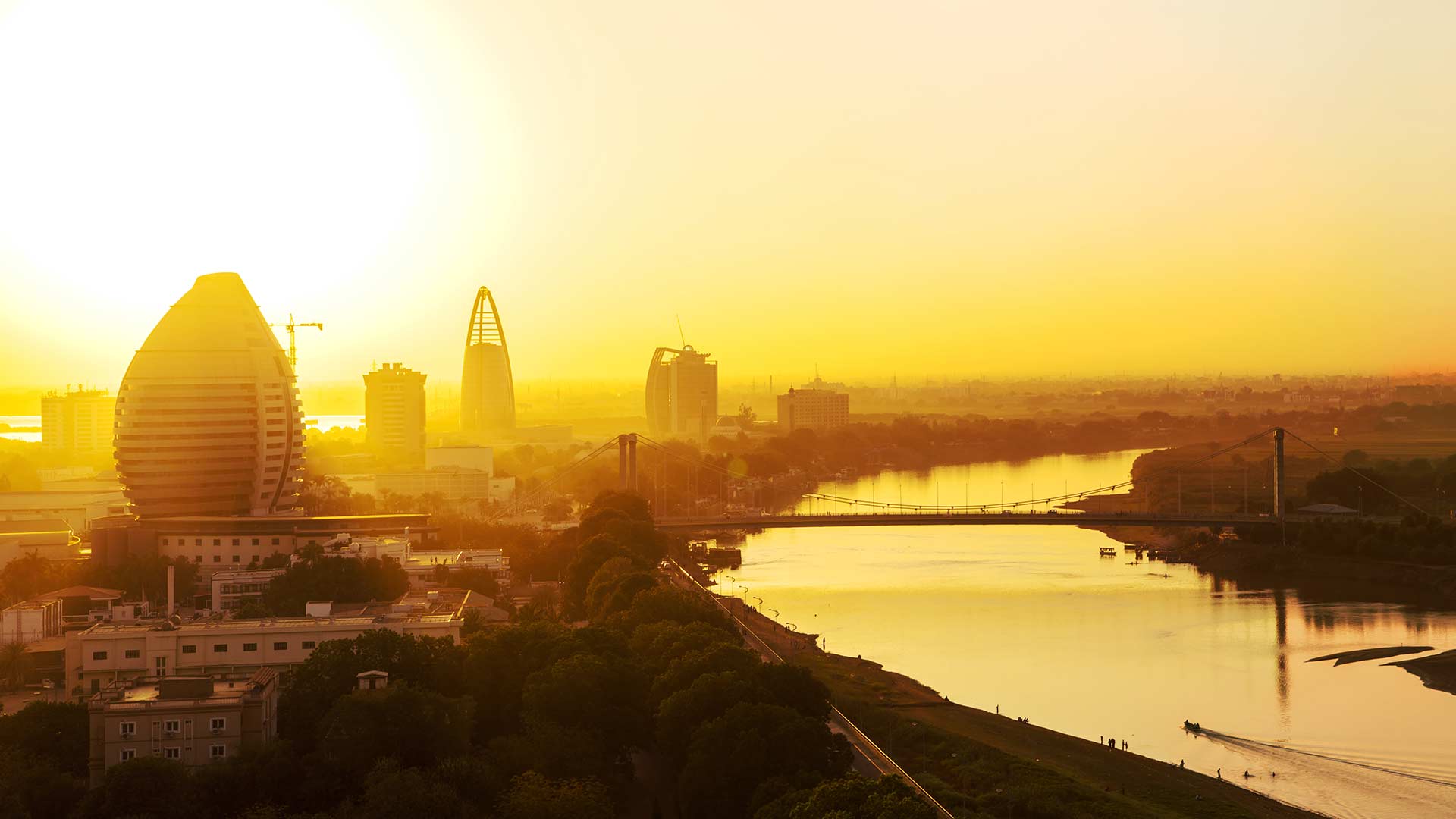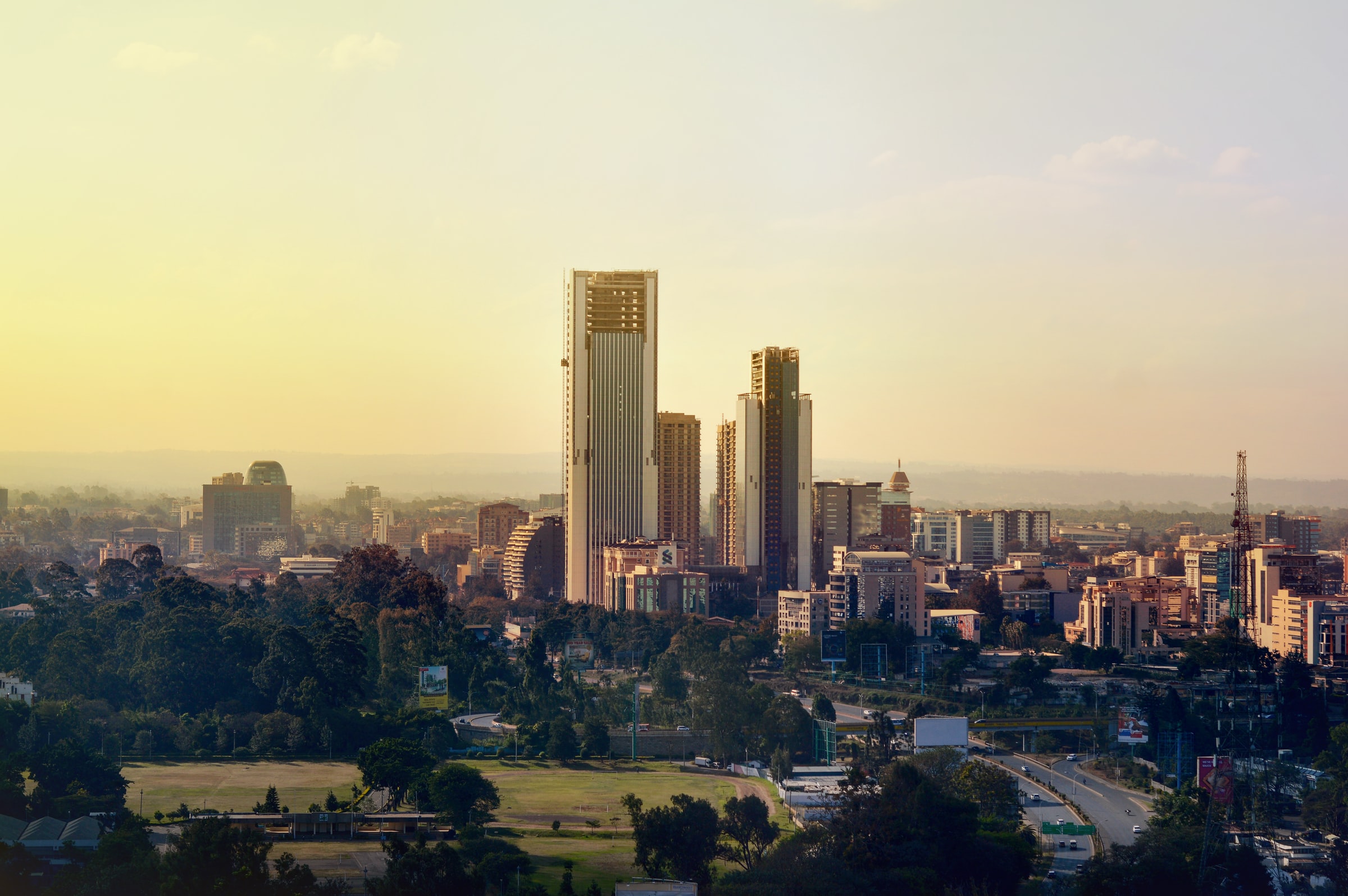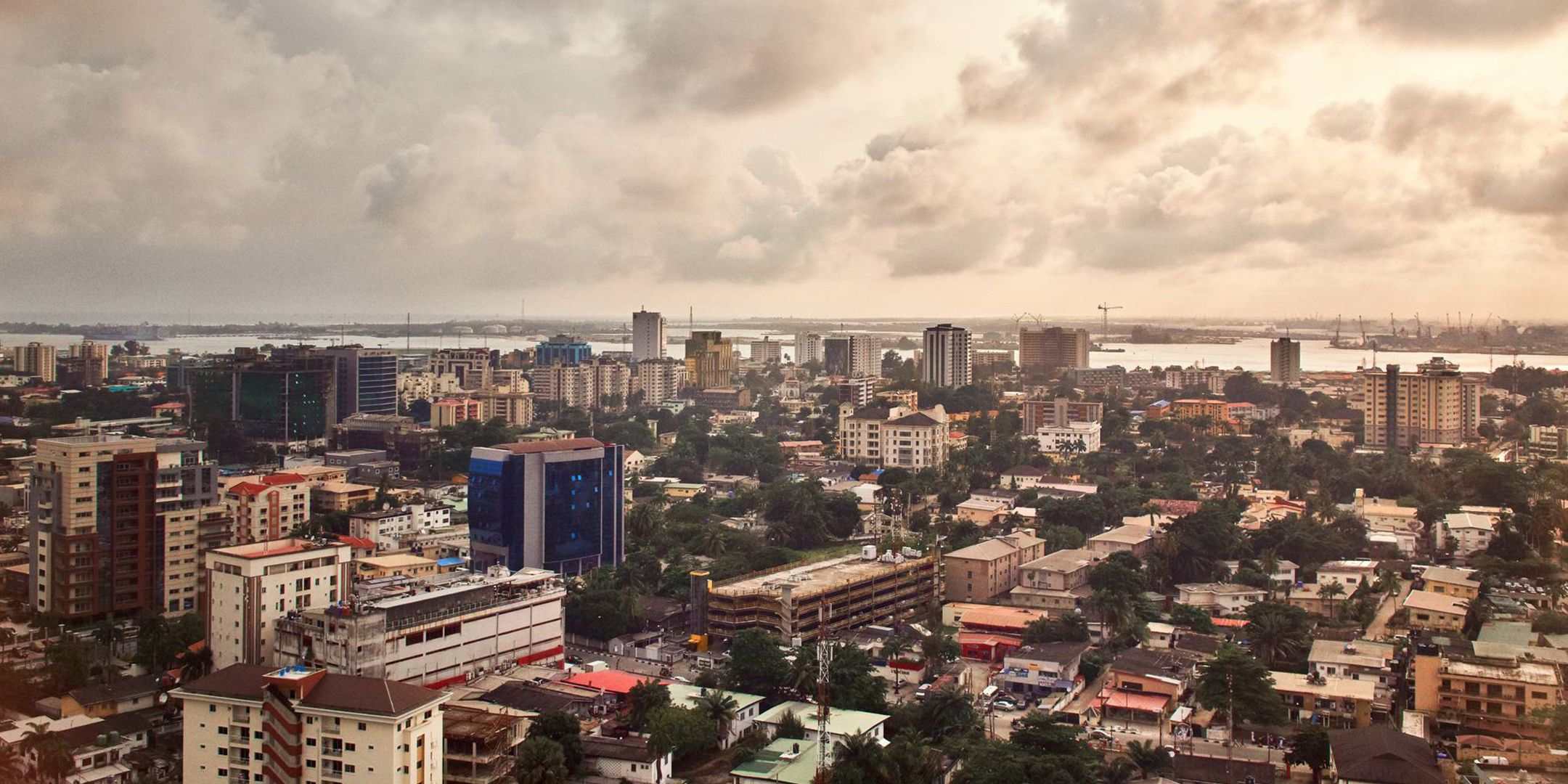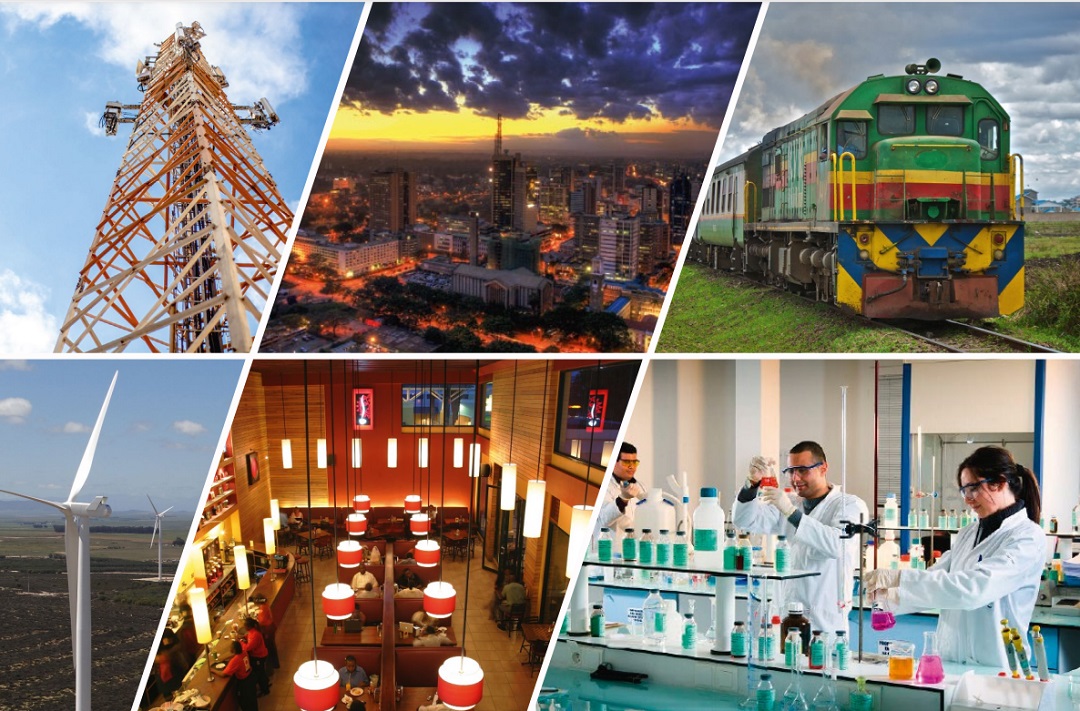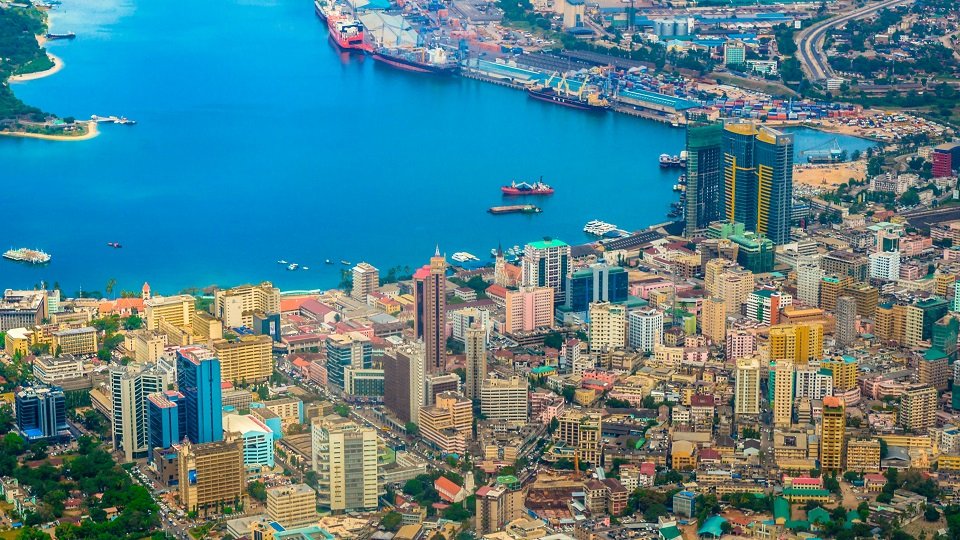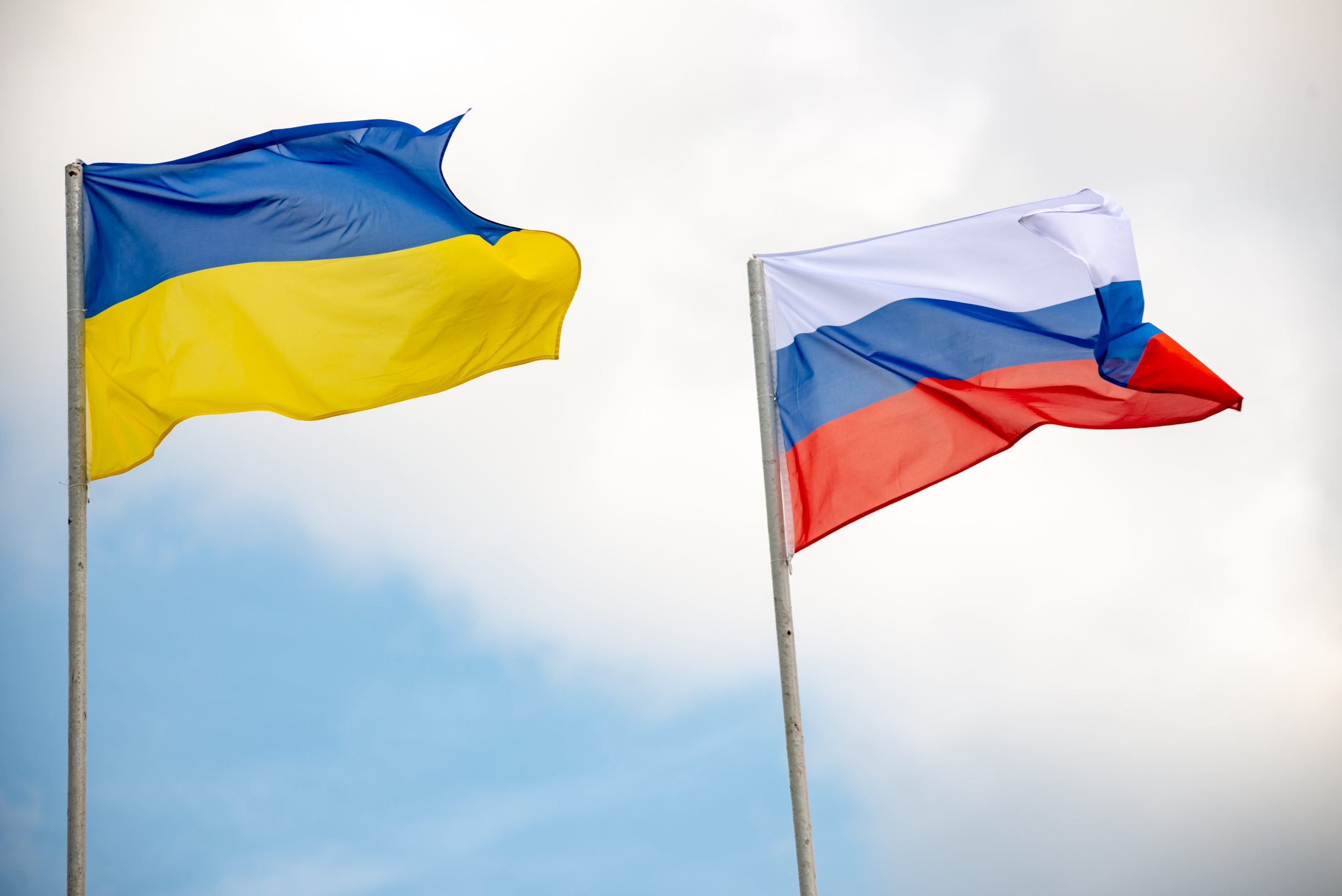Africa
Africa to Get USD 30 Billion Over the Next 3 Years
During the eighth Tokyo International Conference on African Development (TICAD8), Japanese Prime Minister, Fumio Kishida, said that his country is pledging USD 30 billion of investment in Africa over the next three years. Speaking virtually at the TICAD8 summit, Kishida said that Japan’s plan to strengthen economic ties with African countries comes amid “complex” geopolitical conditions that are causing significant disruptions and price shocks that are especially hard-felt in Africa. “Japan will invest both public and private funds worth USD 30 billion over the next three years” across the continent, Kishida said. Tokyo’s investment pledge includes up to “USD 1 billion in a new special quota to be established by Japan to promote debt consolidation reforms” he added. In addition, Japan has committed to finance up to USD 5 billion to support the African Development Bank’s operations across the continent. Japan would also allocate approximately USD 300 million of said funds to co-finance, with the African Development Bank, food production projects in a bid to increase food production in the continent.
Source: Morocco World News
Africa
AfCFTA to Supervise First Trading Activity
Without any unexpected hitches, the Ghana National Coordinating Office (NCO) of the African Continental Free Trade Area (AfCFTA) will from October this year pilot a guided trading activity with six countries within the bloc, under supervision of the AfCFTA Secretariat, coordinator of the NCO, Dr Fareed Arthur, has confirmed. This pilot trade, according to Dr Arthur, is expected to test documentation and processes of the AfCFTA and open the gate for other countries to start trading in earnest. “Ghana will pilot a commercially meaningful trade from next month with Kenya, Mauritius, Tanzania, Rwanda, Cameroon and Egypt for the first time, using the AfCFTA documentation. This will help answer the question that has been on the minds of many people: when are we going to start trading?” he stated. Dr Arthur was speaking at the three-day 7th African Tax Research Network (ATRN) Annual Congress in Accra on the theme The Tax and Revenue Implications of the AfCFTA and said though the trade agreement seeks to boost intra-African trade by progressively removing tariff and non-tariff barriers, it also comes with certain challenges.
Source: The Business & Financial Times
East Africa
EAC Services Exports Hit USD 12.9 Billion
The East African Community (EAC) exported services worth USD 12.9 billion in 2019 against USD 933.6 billion worth of imports. The outbreak of COVID-19 and its resultant impact on trade, notwithstanding, trade in services has contributed immensely to the region’s recovery. This was revealed by the East African Business Council (EABC) executive director John Bosco Kalisa during a high-level business dinner. During the event, he briefed the business leaders in Arusha on the recently launched study on trade in services in the region. The Barometer on East African Trade in Services was intended to gauge the growth of the service sector in the EAC economies. It was developed by the EABC, an apex body of private sector associations in the region based here, with the support of German aid agency, GIZ. Trade in services manifest in the sale and delivery of an intangible product called a service between a producer and consumer. Services account for 54 percent of Africa’s Gross Domestic Product (GDP) and slightly below half of the GDP in East Africa.
Source: The Citizen
Algeria
Algeria Expects its Foreign Trade Surplus to Exceed USD 17 Billion
Algeria expects its foreign trade surplus to exceed USD 17 billion by the end of the year and for exports of non-oil products to reach USD 7 billion. Prime Minister Ayman Ben Abdel Rahman said yesterday that “the trade balance obtained a surplus estimated at USD 14 billion at the end of August, and we expect it to exceed USD 17 billion by the end of 2022,” according to the official news agency.
He explained that “the currently adopted foreign trade policy aims to control and streamline imports, not curb them, as some malicious parties are trying to claim.” He pointed out that the value of non-oil exports amounted to USD 4.4 billion at the end of August, adding that he expects them to reach USD 7 billion by the end of the year. In 2021, Algeria’s non-oil exports reached USD 5 billion, the highest rate in the country’s history since its independence from France in 1962.
Source: Middle East Monitor
Ethiopia
Ethiopia Certified with 7 Trillion Cubic Feet of Gas
An American-based petroleum property analysis and consulting firm, Netherland, Swell & Associates, verified the existence of 7 trillion cubic feet of natural gas in the Ogaden area of Ethiopia. The firm conducted a four-month study to issue the finding and hand over the first gas reserves certificate to the Ministry of Mines and Petroleum. According to Takele Uma, the Minister of Mines and Petroleum, efforts are underway to implement the finding. He stated that the study was an assurance of the availability and commerciality of natural gas and crude oil in Ethiopia. Exploration in the Ogaden Basin which covers an area of 350 thousand square kilometres began in the 1920s.
The Calub gas field in the Ogaden region was discovered in 1973 which made it one of the earliest finds in the area. Two recent discoveries were also made in Dohar and El Kuran, areas in the Ogaden Basin, in addition to the Netherland, Swell & Associates’ finding. The El Kuran discovery was made by a UK company called New Age Mining while Poly-GCL, a Chinese company, made the discovery in Dohar. The petroleum reserve at Dohar which is located between Calub and Hilala is estimated at 3 TCF. Ethiopia announced in 2019 that it would build a 767 km natural gas pipeline from Calub and Hilala to the port of Djibouti. The construction of the pipeline is expected to begin in the near future.
Source: CNBC Africa
Morocco
Morocco is Among Key African Markets for Fintech Growth
Morocco is on a list of 11 African countries with significant potential to become future fintech hubs, according to the American consultancy group Mckinsey & Company. A document published by Mckinsey explained that they anticipate growth opportunities in fintech to be largely concentrated in 11 key markets in Africa.
The list includes Morocco, Cameroon, Côte d’Ivoire, Egypt, Ghana, Kenya, Nigeria, Senegal, South Africa, Tanzania, and Uganda. The 11 countries account for 70 percent of the continent’s Gross Domestic Product (GDP) and account for half of Africa’s population, the report pointed out. Among other arguments underlying the selection of the 11 countries is that close to 50 percent of Africa’s software developers, a key profession in the fintech enterprise, can be found in only five of the countries, including Morocco, South Africa, Nigeria, Kenya, and Egypt, the report noted.
Source: Morocco World News
Nigeria
Banks Attract USD 15.8 Billion Foreign Capital Flow in Five Years
From 2017 till the end of last year, Nigeria’s banking sector received a total of USD 15.83 billion in foreign capital, a telling reflection of the sector’s attraction to the international market. The figure represents 23 per cent of the total capital importation into the country in the five-year period. The analysis is, however, based on sectoral disintegration, implying that the amount cuts across both portfolio and direct investments. From data obtained from the National Bureau of Statistics (NBS), the country pooled USD 69.39 billion in both foreign portfolio and foreign direct investments (FDIs) in the period. Besides shares, banking was the most favoured sector by foreign investors, having secured almost one-fourth of the country’s foreign capital inflow. Foreign portfolio investment (FPI) is often considered as hot or fair-weathered money. Hence, it is considered a sustainable source of funding growth. Both FPI and FDI, however, are critical injections in determining the health of a country’s balance of payment position.
Source: The Guardian
Nigeria
Nigeria to Benefit from USD 12 Billion Fund
The United States of America, USA and Nigeria have agreed to work together to develop the Federal Government programme of using gas as a transitional fuel in the push to reduce carbon emission. With the agreement, Nigeria is expected to benefit from the USD 12 billion Emergency Programme for Adaptation and Resilience put in place by President Joe Biden to help countries to reduce the obvious impacts of the climate crisis.
Speaking to journalists after a meeting of delegations of both countries led by Nigeria’s Minister of State Petroleum Resources, Chief Timipre Sylva and US Envoy, Sen. John Kerry in Abuja, the US Government said it would also assist Nigeria in developing technologies for wind and solar energy. Sen. Kerry, US Special Envoy on Climate Change, also stated that his country would also provide technical support to Nigeria on its decarbonisation programme for its crude oil resources.
Source: The Punch
South Africa
African Development Bank Offers South Africa Financing Deal to Raise USD 41 billion
The African Development Bank has suggested a plan to South Africa that will help the nation use the USD 8.5 billion in climate financing pledged by some of the world’s richest nations to raise even more funds for its green transition inattentive. The AfDB has recommended that South Africa should park the funds in a special purpose vehicle, said the bank’s President Akinwumi Adesina. The SPV, which can seek a credit rating, can sell zero-coupon bonds to raise as much as USD 41 billion, Adesina said in an interview with Bloomberg.
The US, UK, Germany, France and European Union plan to provide USD 8.5 billion to South Africa to help the country cut its use of coal, which is used to generate more than 80 percent of its electricity. The world’s 13th-biggest producer of greenhouse gases will need to spend USD 250 billion over the next three decades to fund the closing down of coal-fired power plants, develop green energy sources and an expanded electricity grid, according to a study released in May.
Source: Business Tech
Reports
Bain & Company: Technology Report 2022
In the last decade, technology companies like Airbnb, Snowflake, Stripe, and Crowdstrike led a wave of disruption that reordered established industries and invented whole new ones. Along the way, they created astonishing value. In June, the number of private billion-dollar start-ups exceeded 1,100, according to data from CB Insights, a more than tripling in five years of these once-rare unicorns. As a group, they reached a value of roughly USD 4 trillion to USD 5 trillion before the recent market correction, according to CB Insights and Crunchbase. This explosion has been backed by a new wave of growth equity investors. While many traditional venture capitalists narrowed their focus to early-stage companies that have not yet achieved product market fit, the funding of a new class of investors pioneering a different model of investment grew significantly.
Click here to download the report.
World Investment Report
Global flows of foreign direct investment recovered to pre-pandemic levels last year, reaching USD 1.6 trillion. Cross-border deals and international project finance were particularly strong, encouraged by loose financing conditions and infrastructure stimulus. However, the recovery of greenfield investment in industry remains fragile, especially in developing countries. This fragile growth of real productive investment is likely to persist in 2022. The fallout of the war in Ukraine with the triple food, fuel and finance crises, along with the ongoing COVID-19 pandemic and climate disruption, are adding stresses,
particularly in developing countries.
Global growth estimates for the year are already down by a full percentage point. There is significant risk that the momentum for recovery in international investment will stall prematurely, hampering efforts to boost finance for sustainable development.
Click here to download the report.
Economic Development in Africa Report 2022
The diversification of African economies is the most viable means by which these countries can prosper in the global economy and address vulnerabilities and economic uncertainties. For Africa to realise the promise of the African Continental Free Trade Area, though, economic diversification and structural transformation must pass through strong headwinds. Africa has the highest concentration of exports, compared with other world regions, and the second lowest number of exported products after Oceania.
At the same time, trade in services on the continent is both low and heavily dominated by traditional services, whereas high knowledge-intensive services and technology-enabling services have the potential to boost innovation and drive diversification. In Economic Development in Africa Report 2022: Rethinking the Foundations of Export Diversification in Africa – The Catalytic Role of Business and Financial Services, policy-oriented actions are proposed to help Africa leverage trade in services to diversify economic activities into new and potentially transformative sectors.
